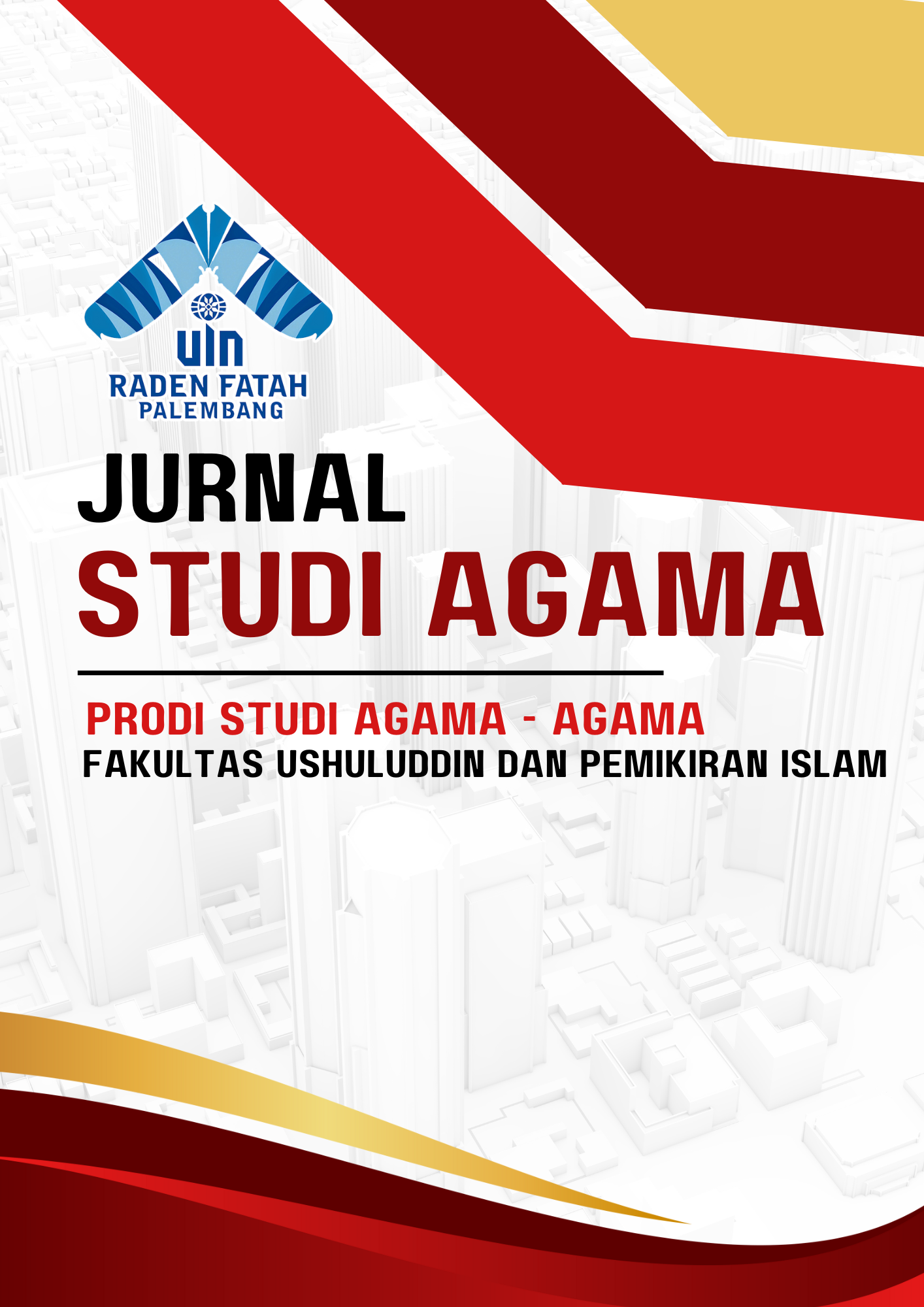Integration of AI Deep Learning in Studying the Morphology of Philosophy of Science Perspectives
Main Article Content
Abstract
This article aims to make a significant contribution to the understanding of artificial intelligence (AI) in the context of morphology and the philosophy of science, while emphasizing the importance of interdisciplinary and innovative approaches in future research. The study discusses the integration of deep learning-based AI in morphological studies from a philosophical perspective. The authors present an innovative approach that connects modern AI technology with philosophical paradigms to enhance the understanding of morphology. Through literature analysis and case studies on Arabic quotes, the authors demonstrate that deep learning AI models can significantly improve the accuracy and efficiency of morphological analysis. The philosophical approach developed in this article provides an epistemological context for AI analysis results, highlighting its ontological aspects. The implications of this research include the potential for collaboration among different disciplines and recommendations for future research on the integration of AI and the philosophy of science.
Article Details

This work is licensed under a Creative Commons Attribution-ShareAlike 4.0 International License.
Authors who publish with this journal agree to the following terms:
- Authors retain copyright and grant the journal right of first publication with the work simultaneously licensed under a Creative Commons Attribution-ShareAlike 4.0 International License that allows others to share the work with an acknowledgement of the work's authorship and initial publication in this journal.
- Authors are able to enter into separate, additional contractual arrangements for the non-exclusive distribution of the journal's published version of the work (e.g., post it to an institutional repository or publish it in a book), with an acknowledgement of its initial publication in this journal.
- Authors are permitted and encouraged to post their work online (e.g., in institutional repositories or on their website) prior to and during the submission process, as it can lead to productive exchanges, as well as earlier and greater citation of published work
How to Cite
References
Ashrafimoghari, V. (2022). Big Data and Education: using big data analytics in language learning.
Daffa Pamungkas, R., & Fathan Hidayatullah, A. (n.d.). Tinjauan Literatur : Identifikasi Dialek Dengan Deep Learning.
Dahlan, M. (2009). PEMIKIRAN FILSAFAT MORAL IMMANUEL KANT (Deontologi, Imperatif Kategoris dan Postulat Rasio Praktis). 8(1), 37–48.
Digarizki, I., & Al Anang, A. (2020). Epistemologi Thomas S. Kuhn: Kajian Teori Pergeseran Paradigma dan Revolusi Ilmiah. Humanitas, 7(1), 23–34.
Dinata, S. (2021). EPISTEMOLOGI KRITISISME IMMANUEL KANT (Vol. 7, Issue 2).
Dwi, M., & Sahbana, R. (2022). EPISTEMOLOGI PARADIGMA DAN TRANSFORMASI ILMU PENGETAHUAN THOMAS KUHN (Vol. 8).
Fathoni, H. (2013). Pembentukan Kata Dalam Bahasa Arab (Sebuah Analisis Morfologis “K-T-B”) (Vol. 8, Issue 1).
Gil, R., & Martin-Bautista, M. J. (2014). SMOL: A systemic methodology for ontology learning from heterogeneous sources. Journal of Intelligent Information Systems. https://doi.org/10.1007/s10844-013-0296-x
Hakkoum, A., & Raghay, S. (2015). Ontological approach for semantic modeling and querying the Qur ’ an. 3 Rd International Conference on Islamic Applications in Computer Science and Technologies (IMAN’15), January 2017, 37.
Hotmartua, A. (2024). PENDEKATAN DEEP LEARNING DALAM LINGUISTIK KOMPUTASIONAL. https://www.researchgate.net/publication/387219118
INTEGRASI TAFSIR AL-QUR’ANDAN MORFO-LINGUISTIK DENGAN PERSPEKTIF FILSAFAT ILMU Studi Kasus Penggunaan Aplikasi Qsoft di Pesantren Fatimah Azzahro Adhia Nugraha, Muhtar Sholihin Universitas Iskam Negeri Sunan Gunung Djati. (n.d.). https://jurnal.pustakaturats.com/index.php/pesan
Jelahut, F. E., Utang, H. Y., Jelahut, Y. E., & Jehamat, L. (2021). Menalar Skeptis Adopsi Artificial Intelegence (AI) di Indonesia: “Sebuah Tinjauan Filsafat Ilmu Komunikasi.” Jurnal Filsafat Indonesia, 4.
Luthfan, M. A., & Hadi, S. (2019). Morfologi Bahasa Arab: Reformulasi Sistem Derivasi dan Infleksi. Alsina : Journal of Arabic Studies, 1(1), 1. https://doi.org/10.21580/alsina.1.1.2599
Nabila, N., Berutu, A. T., & Tambunan, N. F. A. (2023). FILSAFAT ILMU DI ERA GLOBALISASI. HIBRUL ULAMA, 5(1). https://doi.org/10.47662/hibrululama.v5i1.506
Nurhayati, N. H. (2021). Filsafat Ilmu Peranan Filsafat Ilmu Untuk Kemajuan Perkembangan Ilmu Pengetahuan. TASAMUH: Jurnal Studi Islam, 13(2). https://doi.org/10.47945/tasamuh.v13i2.409
Patrick Gardiner. (2020). Kant: Critique of Judgement. In The Age of German Idealism (1st ed., Vol. 1, pp. 35–50). Imprint Routledge. https://doi.org/10.4324/9780203030615-5
Prayogi, A., & Nasrullah, R. (2024). Artificial Intelligence dan Filsafat Ilmu: Bagaimana Filsafat Memandang Kecerdasan Buatan Sebagai Ilmu Pengetahuan. 1(2), 144–155.
Sibonghanoy Groenewald, E., Rani, S., Singla, P., Howard, E., & Adolph Groenewald, C. (n.d.). Artificial Intelligence in Linguistics Research: Applications in Language Acquisition and Analysis (Vol. 28). https://museonaturalistico.it
Solihin, M., & Zamzam Mubarok, M. (2024). East African Scholars Journal of Education, Humanities and Literature Abbreviated Key Title: East African Scholars J Edu Humanit Lit Islamic Education in an Ontological Perspective. https://doi.org/10.36349/easjehl.2024.v07i12.005
Tashtoush, Y. M., Al-Soud, M. R., Abujazoh, R. M., & Al-Frehat, M. (2017). The noble quran Arabic ontology: Domain ontological model and evaluation of human and social relations. 2017 8th International Conference on Information and Communication Systems, ICICS 2017, 40–45. https://doi.org/10.1109/IACS.2017.7921943
Wijaya, D., & Jati, H. (n.d.). PENGEMBANGAN MODEL DEEP LEARNING UNTUK PEMBANGKIT SOAL OTOMATIS MENGGUNAKAN RECURRENT NEURAL NETWORK DEEP LEARNING MODEL BUILDING FOR AUTOMATIC QUESTION GENERATOR USE RECURRENT NEURAL NETWORK.
Yudistira, N. (2021). Peran Big Data dan Deep Learning untuk Menyelesaikan Permasalahan Secara Komprehensif. EXPERT: Jurnal Manajemen Sistem Informasi Dan Teknologi, 11(2), 78. https://doi.org/10.36448/expert.v11i2.2063
Web:
Youtube Channel Cangkrukan ITB 131 (retrieved on 24 Dec, 2024) https://www.youtube.com/watch?v=Kl2bsQPiR80
